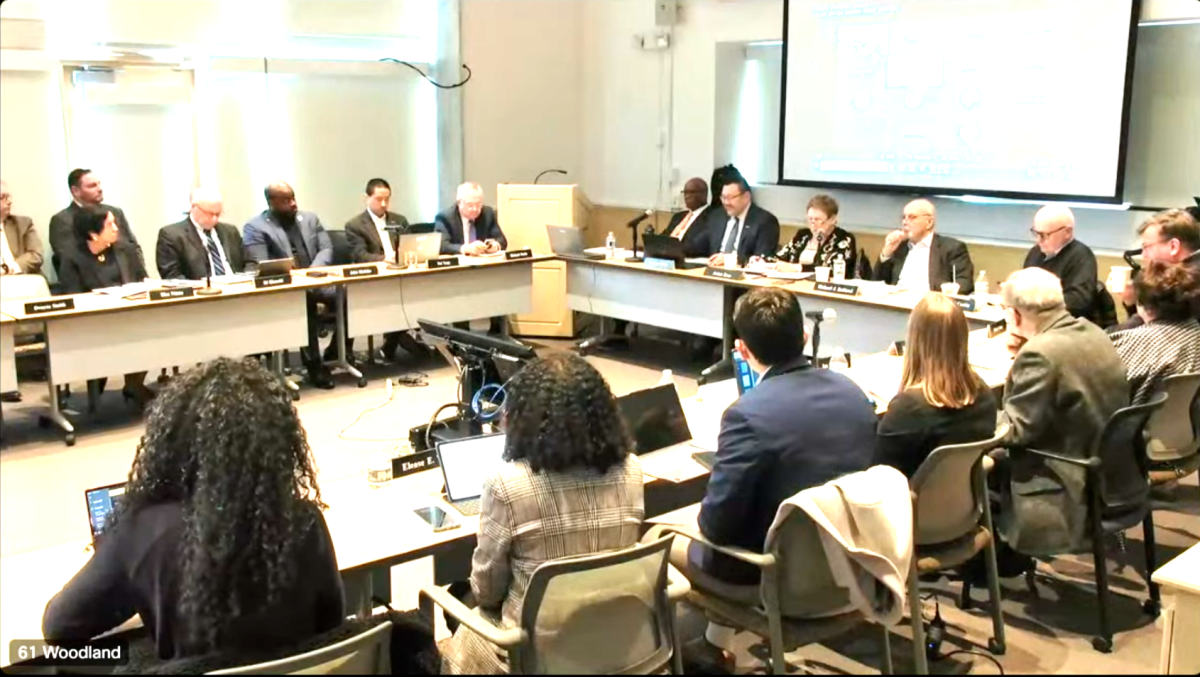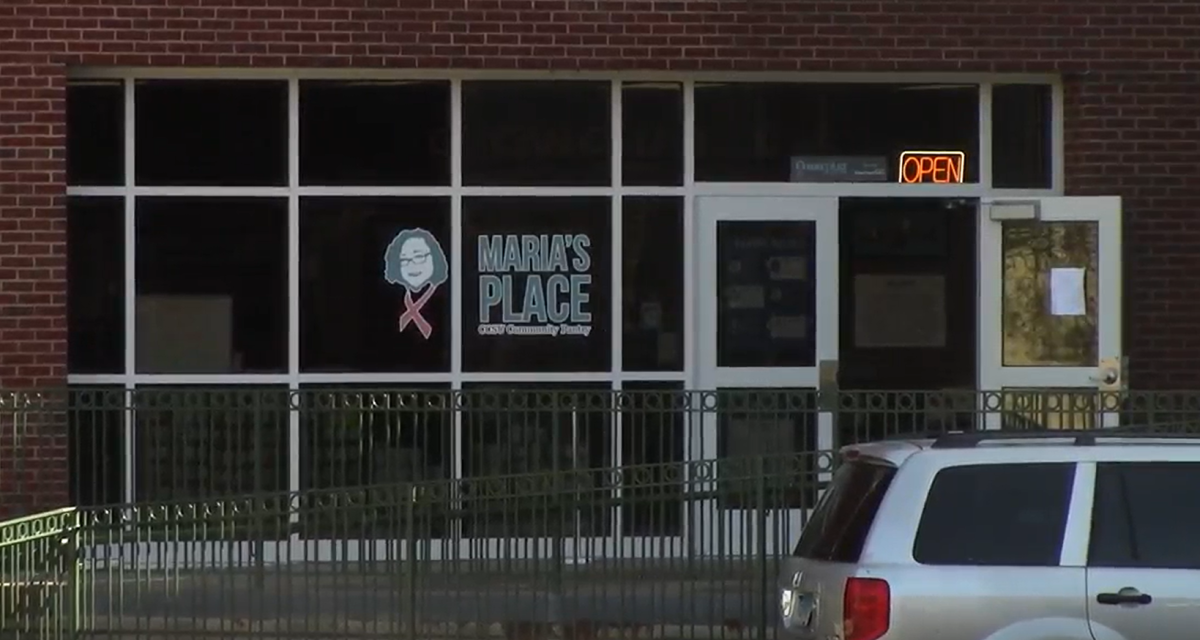The Connecticut State College and University Board of Regents rejected a proposal that would automatically charge students for textbook rental fees at its meeting on Thursday, March 21.
Prior to the vote, several students and faculty from the four Connecticut state universities spoke in opposition to the automatic textbook fees included in Barnes & Noble’s First Day Complete program proposal.
Jennifer Croughwell, an Eastern Connecticut State University student who started a petition against the proposed program’s opt-out policy, spoke at the meeting and said making the policy opt-out rather than opt-in adds unnecessary stress on students.
“This program is an opt-out, not an opt-in, placing the burden on students to continuously opt out at the beginning of each semester,” she said.
Western Connecticut State University student Rebecca Wozniak also said during the public comments section of the meeting that she worried that the opt-out policy could blindside unexpecting students.
“At WCSU, just like many of the other CSUs and community colleges, we have a significant number of first-generation college students who struggle to navigate the system,” Wozniak said. “I worry that many may not know they can opt out or will miss the deadline by the time they discover they can.”
According to Barnes & Noble’s website, the First Day Complete program is an equitable access plan that ensures students will have the required course materials on the first day of class.
Wozniak said that for the program to provide equitable access, students should have the option to opt in rather than opt out.
“By making the system opt-out, you will place an unnecessary burden on students, and if automatic textbook billing is truly intended to promote equitable access, the program must be opt-in,” she said.
There were also concerns about the lack of transparency and reliable data in the proposal for automatic textbook fees.
Nicolas Simon, a sociology professor at Eastern, doubts the reliability of the CSCU’s data regarding the proposal.
“The credibility of the data presented by CSU is highly questionable,” Simon said. “Firstly, much of the data we were presented with was generated by Barnes & Noble, a party with a vested interest in securing a contract.”
During the meeting, Central Connecticut State University student Lily Mercado said that she was also concerned about the data’s reliability.
“You are relying on data from two years ago with a question that is intentionally vague and undefined with an incredibly small sample size,” Mercado said.
Mercado was referring to a 2022 survey conducted by Barnes & Noble that showed 85% to 86% of CCSU, ECSU, and SCSU students preferred to have their course materials bundled with tuition and fees. The data did not include WCSU.
Although the proposal did not pass, the board voted to postpone it and revisit it at a special meeting in April.
CSCU Chancellor Terrence Cheng took a moment during the meeting to address the possibility of changing the opt-out policy to an opt-in one. He said that an opt-in option was not negotiated because it would not provide the same amount of savings for students.
“In speaking to Barnes & Noble, we have had very specific conversations. An opt-in program was not discussed because it would not yield the same level of savings for the students. Period,” Cheng said.
Mercado does not have much faith that the board will be able to present a proposal that includes an opt-in policy.
“I think it would be lovely to see an opt-in solution, but realistically, I think our best bet is for this to be voted down completely,” she said.




